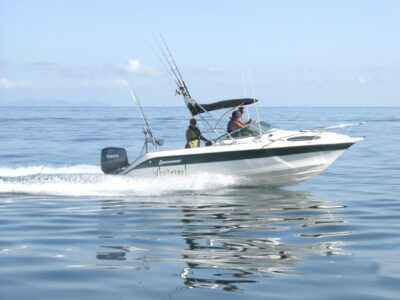
November is Water Safety Awareness month and, with summer approaching, Water Safety New Zealand (WSNZ) is cautioning New Zealanders that more fatalities occur in spring and summer than at any other time during the year.
Warmer weather will see more New Zealanders heading to our beaches, lakes and rivers. Research conducted in 2021 found that 3.2 million (85 per cent) Kiwis visited the coast in the past 12 months, almost half of them (48 per cent) doing so monthly, and a quarter of Kiwis also visited rivers. They were made up predominantly of people under 25 years.
People aren’t just taking in the scenery either. More than 2 million people are active while visiting the coast, including swimming or playing in the water.
WSNZ’s chief executive Daniel Gerrard says: “We want everyone to enjoy their time whether it’s at the beach, lake or river but remind people to take personal responsibility for theirs and their family’s safety in or around water.
“Be prepared, know the risks and your limits and watch out for yourself and others.”
WSNZ says swimming at the beach or river is quite different to swimming in a pool and poses additional risk. While a third of people swimming in the ocean, and a quarter swimming at rivers, say it is not at all or not very hazardous, the drowning statistics prove otherwise.
Swimming has the highest number of preventable drownings compared to other water-related activities, with 95 deaths recorded over the past five years (2016-2020: 390 incidents).
WSNZ says that underestimating the risks and overestimating ability are the biggest mistakes people make when they’re in the water.
“New Zealanders love to play in the water, but there is always risk. We all need to be aware of and think, for a few minutes, about water safety before heading to the water. It could save your or your loved one’s lives,” Gerrard says.
“Be prepared, know the risks and your limits and watch out for yourself and others.”
WSNZ is urging people to know the water safety code for safe play in the water.
- Be prepared – check the weather, your gear and the water conditions.
- Look after yourself and others – adults, not children or teenagers, should always supervise little people and children around water.
- Be aware of the dangers – check for rips and currents, snags and rocks and don’t consume alcohol before a swim, dive or going fishing.
- Know your limits – do you know how to swim? If not, stay out. Remember you will never be able to swim in the ocean as well as in a pool and cold water will make you tired.







